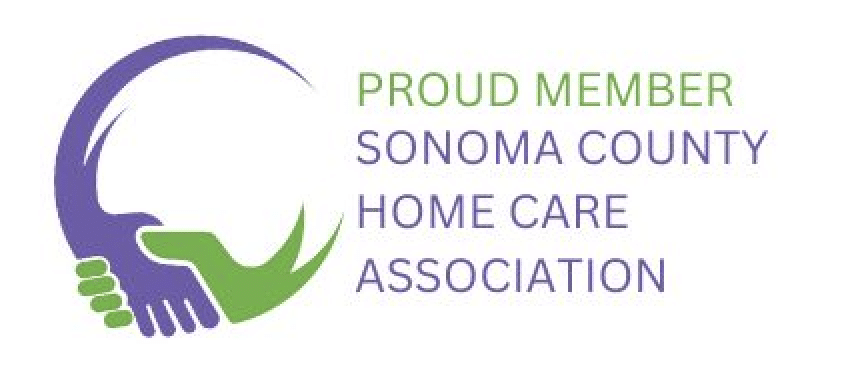Is there a connection between poor oral health and dementia? A new study from Tufts University School of Dental Medicine shows specific mouth bacteria can lead to Alzheimer’s disease and neurodegeneration. Here’s what researchers discovered. Read on—and to ensure your health and the health of others, don’t miss these Sure Signs You’ve Already Had COVID.
1. Gum Disease and Alzheimer’s
Researchers at Tufts discovered that a specific bacteria in the mouth connected to gum disease can cause an inflammatory response in the brain. “In this study, our lab is the first to find that
Fusobacterium nucleatum can generate systemic inflammation and even infiltrate nervous system tissues and exacerbate the signs and symptoms of Alzheimer’s disease,”
says Jake Jinkun Chen, Professor of Periodontology and Director of the Division of Oral Biology at Tufts University School of Dental Medicine. “Our studies show that F. nucleatum can reduce the memory and thinking skills in mice through certain signal pathways. This is a warning sign to researchers and clinicians alike. Testing for bacterial load and degree of symptoms could one day become a way to measure the effects of F. nucleatum and manage treatment to slow progression of both periodontal disease and Alzheimer’s.”
2. Bacteria As a Disease Biomarker
The Tufts study is just the latest in several studies linking harmful bacteria with amyloid beta—a key biomarker for Alzheimer’s disease. “To our knowledge, this is the first study showing an association between the imbalanced bacterial community found under the gumline and a CSF biomarker of Alzheimer’s disease in cognitively normal older adults,” says Angela Kamer, DDS, PhD, associate professor of periodontology and implant dentistry at NYU College of Dentistry and the study’s lead author. “The mouth is home to both harmful bacteria that promote inflammation and healthy, protective bacteria. We found that having evidence for brain amyloid was associated with increased harmful and decreased beneficial bacteria.”
“To remove biofilms and plaque, and prevent tartar formation, you must clean all surfaces of the teeth and gums,”
says Andrew J. Corsaro, DMD, MS, clinical assistant professor, College of Dentistry, University of Florida. “That means brushing teeth for two minutes, twice a day, using a soft-bristled toothbrush with a fluoride-containing toothpaste. You must also clean the spaces in-between teeth once a day, typically with dental floss.”
Your diet can impact mouth bacteria, experts warn. “Limit sugar intake, along with other carbohydrate-containing foods and drinks, such as sodas, fruit juices, sweetened coffee and tea, and candy,”
says Dr. Corsaro. “You don’t have to completely avoid their consumption, of course, but cutting back on both can be extremely beneficial. Avoid hard and sticky foods that can break teeth and dental work.”
5. COVID-19 and Oral Health






